Introduction
For professional Salesforce developers aiming to elevate their careers, navigating a Salesforce interview requires a deep understanding of the platform’s intricacies. In this blog, we’ll dive into the top Salesforce interview questions tailored for seasoned developers. From advanced technical queries to scenario-based problem solving, these questions are designed to assess your proficiency in leveraging Salesforce for optimal business solutions. Whether you’re gearing up for a career-defining interview or are an interviewer seeking the best talent, this illustrative guide will empower you into the key areas which define a skilled Salesforce developer.
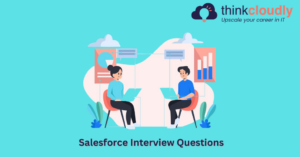
Salesforce Interview Questions for Experienced Developer
1.What are Governor Limits in Salesforce, and How do they impact development?
Ans. Assess the candidate’s understanding of Salesforce’s resource usage constraints. Look for responses that define Governor Limits and demonstrate awareness of how they affect code execution and performance in the Salesforce platform.
2.Explain the difference between Trigger and Workflow in salesforce.
Ans. Evaluate the candidate’s knowledge of automation in Salesforce. Look for answers that differentiate triggers (Apex code) and workflows, highlighting their use cases, capabilities, and potential considerations for choosing one over the other.
3.How can you optimise SOQL Queries for better performance?
Ans. Assess the candidate’s proficiency in querying Salesforce data. Consider responses which include strategies like selective querying, indexing, and efficient use of relationships to optimise SOQL queries and improve overall performance.
4. Describe the use cases for batch Apex and when it’s appropriate to use.
Ans. Explore the candidate’s understanding of Batch Apex, an important feature for processing large sets of data in Salesforce. Expect answers that define Batch Apex, its benefits, and scenarios where it’s suitable, such as data cleansing or complex calculations.
5. How does Salesforce Lightning differ from Salesforce Classic, and what are the advantages of Lightning?
Ans. Examine the candidate’s knowledge of Salesforce user interfaces. Look for responses which highlight the differences between Salesforce Lightning and Classic, besides emphasising Lightning’s enhanced user experience and productivity features.
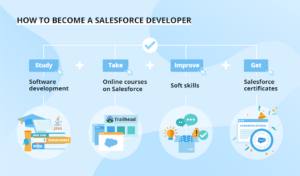
6. Can you explain the role of static resources in salesforce development.
Ans. Evaluate the candidate’s familiarity with static resources. Expect answers that define static resources and their role in Salesforce, particularly in managing and referencing external files such as Javascript, CSS, and images.
7. How would you handle Cross-Object Formulas in salesforce?
Ans. Assess the applicant’s knowledge of formula fields spanning multiple objects. Consider responses that describe the process of creating cross-object formulas, while considering relationships and data types to ensure accurate and meaningful calculations.
8. Explain the Mechanism of Trigger Context Variables in salesforce apex.
Ans. Explore the applicant’s knowledge of trigger context variables, which are essential for salesforce apex development. Expect answers that define key variables like Trigger.new, Trigger.old, and Trigger.newMap, and their role in handling records during trigger execution.
9. Can you describe the salesforce sharing model and how it impacts record access?
Ans. Examine the applicant’s grasp of Salesforce’s record-level security. Look for answers that define the Salesforce sharing model, which includes the role of profiles, roles, and sharing rules in controlling access to records.
10. How do visualforce pages differ from lightning components?
Ans. Evaluate the applicant’s knowledge of Salesforce UI development. Look for responses which differentiate Visualforce pages and Lightning components, while emphasising their architectures, capabilities, and scenarios where each is preferred.
11. Describe the deployment process in salesforce and best practices.
Ans. Assess the candidate’s understanding of Salesforce deployment methodologies. Consider answers that outline the deployment process, which includes sandbox environments, change sets, and best practices to ensure a smooth and controlled release process.
12.Can you explain the use of the @future Annotation in salesforce apex?
Ans. Explore the candidate’s knowledge of asynchronous processing in salesforce. Look for responses which define the @future annotation, its purpose in initiating asynchronous apex code execution, and scenarios where it is beneficial.
13. How would you handle Large Data Volumes (LDV) in salesforce?
Ans. Assess the candidate’s expertise in managing large datasets within salesforce. Look for answers which include considerations like data archiving, selective queries, and the use of features like Big Objects or External Objects to handle LDV efficiently.
14. Discuss the benefits and limitations of Salesforce DX (Developer Experience).
Ans. Evaluate the applicant’s familiarity with Salesforce DX, a set of tools designed to boost the developer experience. Consider responses which throw light on the advantages of Salesforce DX, such as version control and continuous integration, along with potential limitations.
15.Can you share an example of complex salesforce integration you have implemented?
Ans. Assess the candidate’s practical experience with Salesforce integration. Consider answers that describe a specific integration project, which includes technologies used, challenges faced, and the strategies employed to achieve seamless data exchange between systems.
Conclusion
Mastering a Salesforce interview as an experienced developer requires a blend of advanced technical knowledge, hands-on experience, and a deep understanding of Salesforce’s evolving ecosystem. Whether you’re an applicant aiming to showcase your expertise or an interviewer seeking the right talent, these top 15 Salesforce interview questions offer a comprehensive guide in navigating the intricacies of Salesforce development. As the platform continues to evolve, staying abreast of these key areas will undoubtedly contribute to your success in the competitive landscape of Salesforce development.


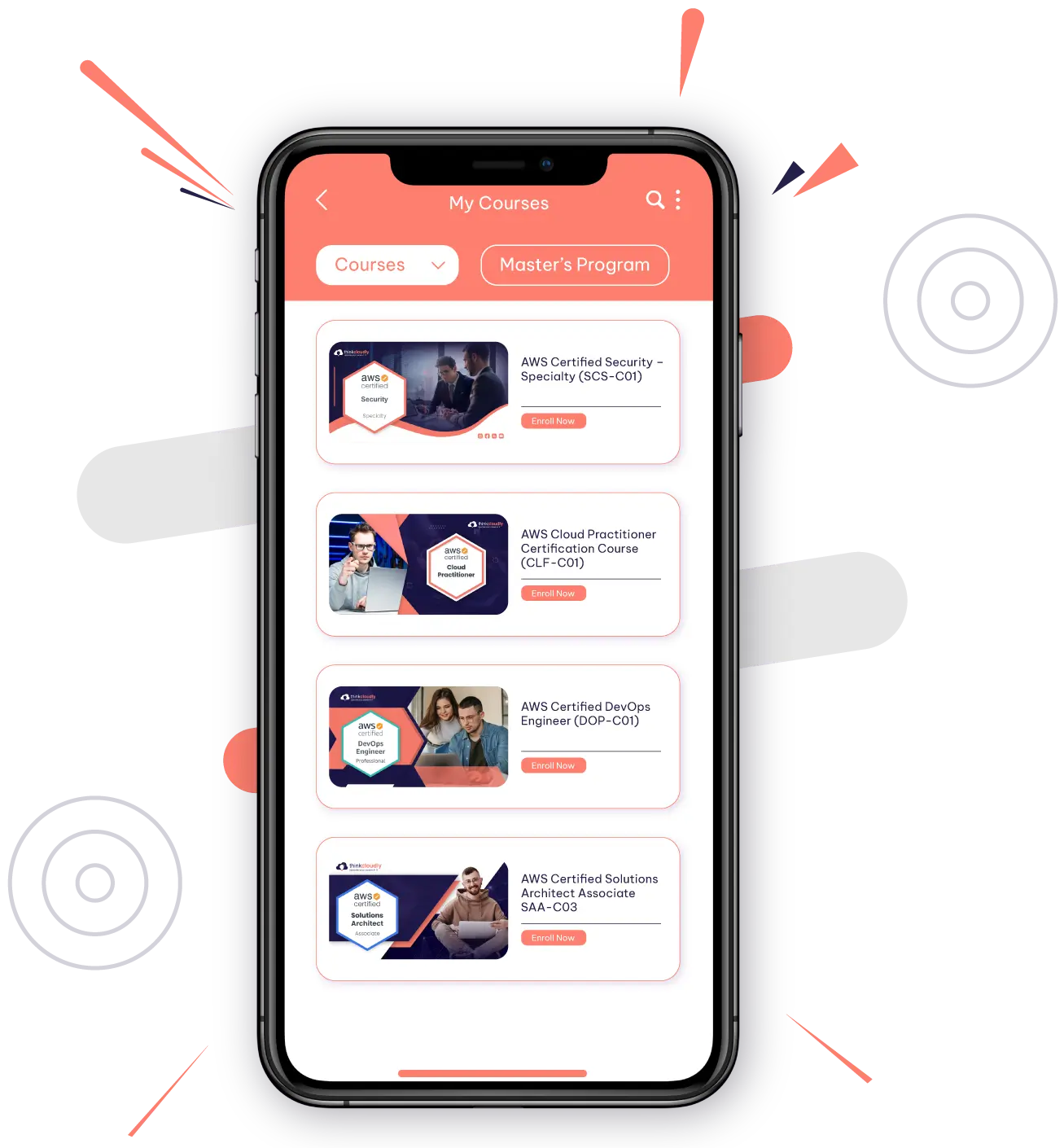



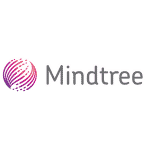



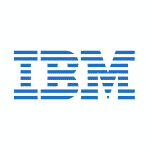

No comment yet, add your voice below!